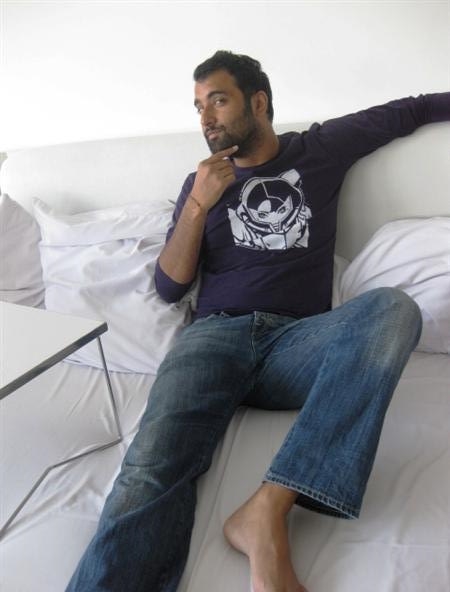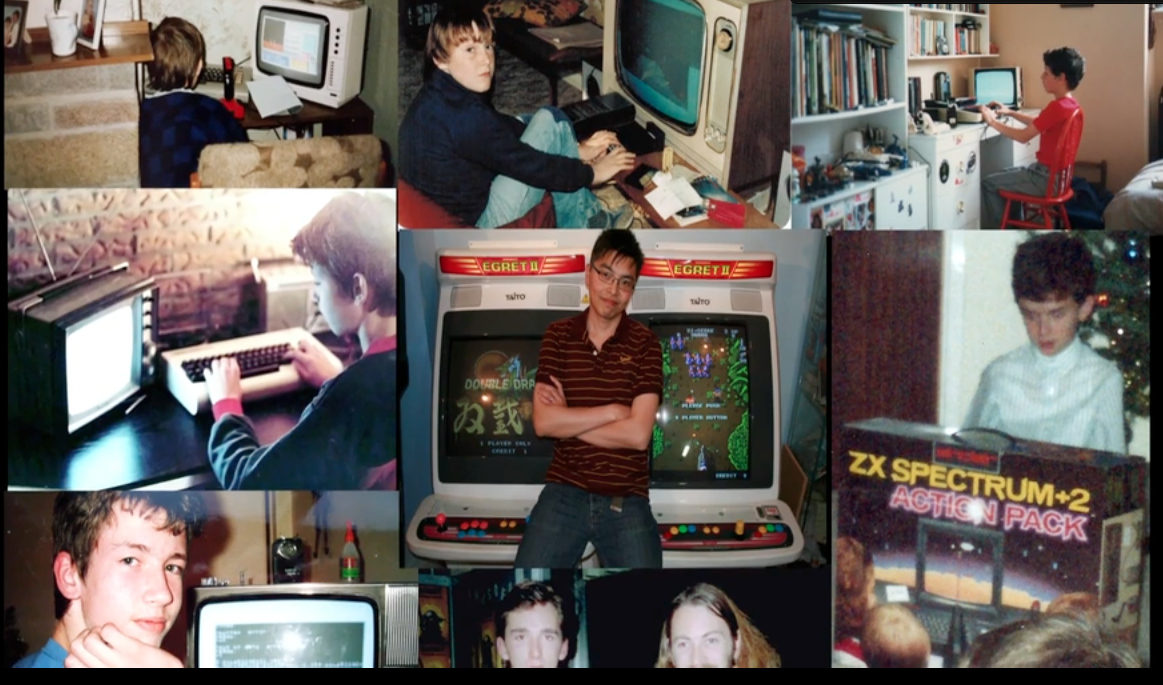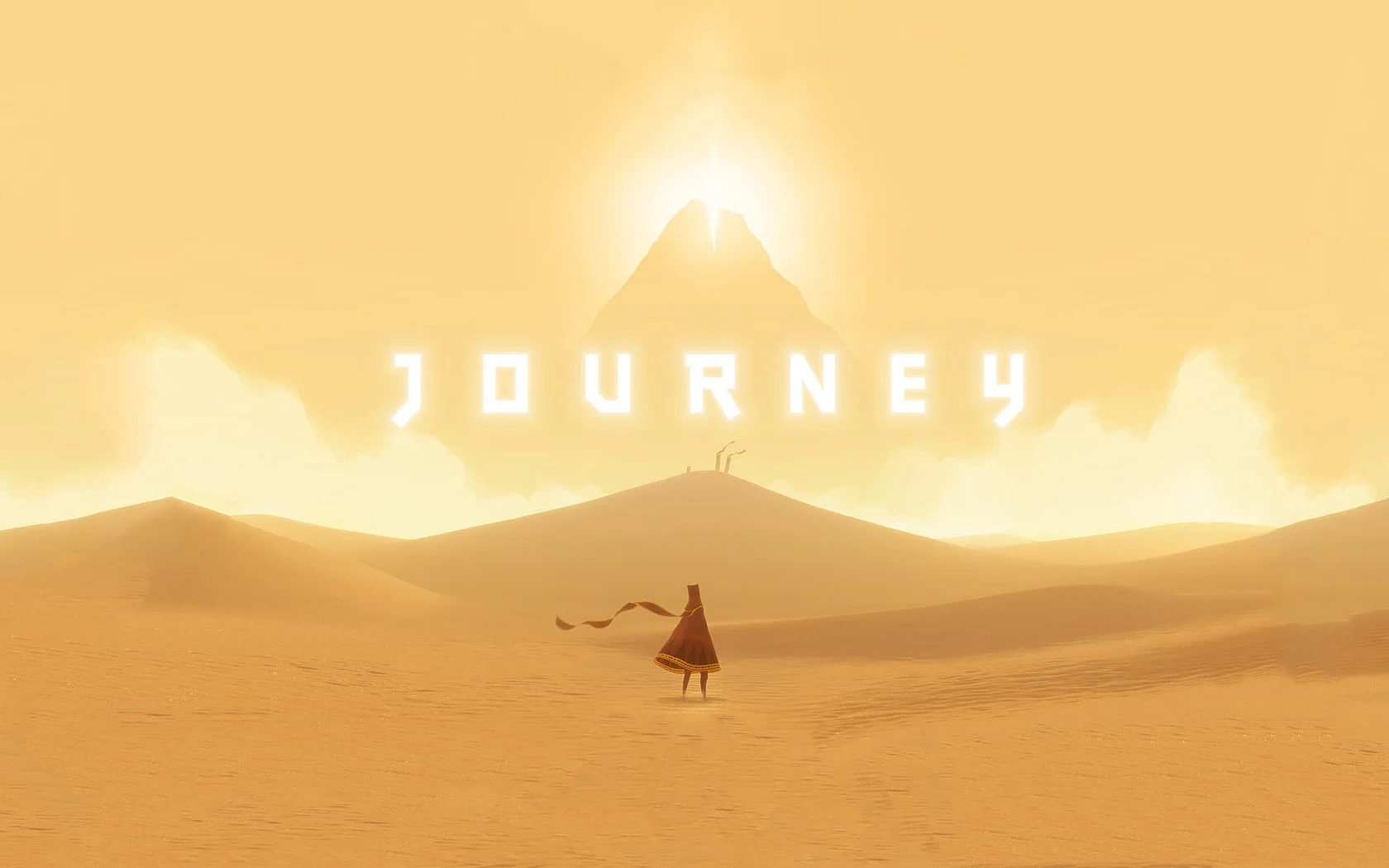Gamesmaster turns 30 this year and, to mark this occasion, a new book has been released about the making and evolution of the show.
The book is well made and has good paper stock, giving it a premium feel.
For the uninitiated, Gamesmaster was a challenges based show where gamers would compete with each other and challenges to earn the coveted 'Golden Joystick'. I watched the show religiously as a kid as it was the only gaming show available and was typically zeitgeisty. The show was very 'extreme' 90s, with all the positives and negatives of that era including lads, ladettes, booze, innuendo and casual sexism. Now, a lot of the stuff wouldn't fly today but it was of its time and so, reading about it whilst watching the show on YouTube has been a fascinating look back at this moment in time.
The book covers the heady highs, cratering lows and the redemptive arc of the show and main host, Dominik Diamond. The fact that they were able to get all the core people involved, including the Producers, Executives as well as Diamond, Dexter Fletcher and Dave Perry is amazing as there were quite a few egos on the show that caused friction but also gave the show its anarchic dangerous feel.
I also enjoyed reading about the process of deciding what theme each season would be, often a tiny budget meant the economy of design led to the set designer doing magic with very little. The Atlantis set for season 6 was the real standout and Dominik agrees in this book too.
The inclusion of photos, production sketches and other material really brings the stories to life and the anecdotes are amazing. The hedonism of the main players, young men who found success early and didn't always know how to cope with the attention and money, shows the pitfalls of fame and Dominik is very honest about his chemical demons.
The whole book was a fascinating read, but there were several sections in the book that really struck me, such as how much Dominik hated the red coat in season 2 and how it led to his decision to leave. Also, when he was brought back in season 4 after ailing ratings in season 3 when Dexter Fletcher took over, how he doubled his pay after they killed his character off at the start of season 3. I was fascinated to learn about season 7, which was commissioned after the memo saying the show was over was never read or sent. They had a grand send off in season 6 and had then scattered to the wind, only to be reunited once again for one last blowout.
It's a redemptive story of a plucky underdog of a show that could, a host who came from very little, found success unexpectedly then worked extremely hard to make the show better and, towards the end, all parties decided to have more fun and be less serious about it all.
I loved the book and consumed it within a few days. As a fan of Gamesmaster, it was insightful and often hilarious. The honesty and candidness of all involved makes this a fascinating and essential read.
LINK- The Transportive Nature of Objects (And the Power of Mini Consoles)
LINK: Japan- My Journey to the East
LINK- My One True Gaming Constant in Life- Nintendo
LINK- On, and On and Conston (Or, ‘How We Learned to Talk About the Legacy of Colonialism in GB’)
LINK- ‘Natives: Race and Class in the Ruins of Empire’
LINK: Let’s All Create a ‘New Normal’.
LINK- Ms Marvel Can Change the World



































